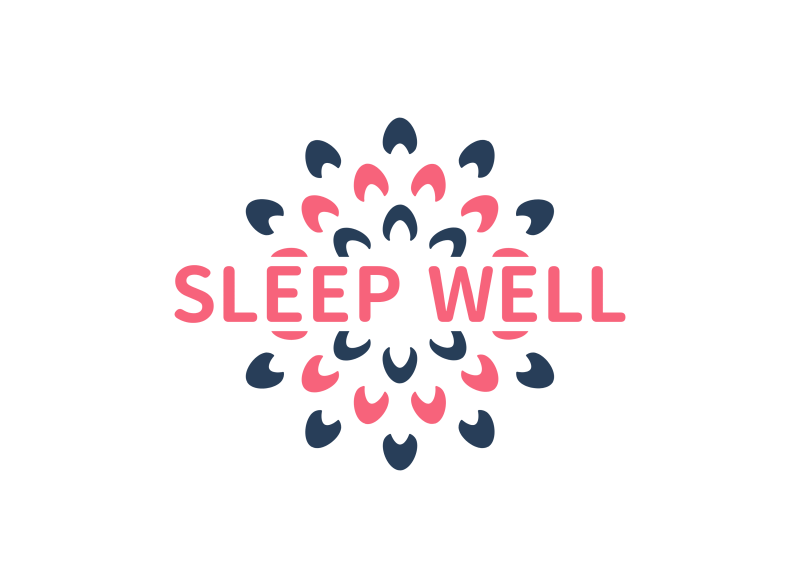How Eating Healthy Can Help You Sleep Better
Do you ever have trouble sleeping? If so, you’re not alone. Millions of people struggle with insomnia and other sleep disorders. But did you know that eating healthy can help you sleep better? It’s true! Eating the right foods can help you get the restful sleep you need.
Eating healthy can help you sleep better in several ways. First, it can help you maintain a healthy weight. Being overweight or obese can lead to sleep apnea, a condition in which your breathing is interrupted during sleep. Eating healthy can help you maintain a healthy weight and reduce your risk of sleep apnea.
Second, eating healthy can help regulate your hormones. Eating a balanced diet can help keep your hormones in balance, which can help you sleep better. Eating healthy can also help reduce stress and anxiety, which can interfere with your sleep.
Finally, eating healthy can help you get the nutrients you need for restful sleep. Foods like bananas, oats, and almonds are rich in magnesium, which helps relax your muscles and promote sleep. Foods like turkey, tuna, and eggs are rich in tryptophan, an amino acid that helps your body produce melatonin, a hormone that helps regulate your sleep-wake cycle.
Eating healthy can help you get the restful sleep you need. So, if you’re having trouble sleeping, try eating a balanced diet of fruits, vegetables, whole grains, lean proteins, and healthy fats. You may be surprised at how much better you sleep!
The Impact of Caffeine on Sleep Quality and Quantity
Caffeine is a stimulant found in many popular beverages, such as coffee, tea, and energy drinks. It is known to increase alertness and energy levels, but it can also have an impact on sleep quality and quantity.
For many people, caffeine can be a great way to get an energy boost during the day. However, it is important to be aware of the potential effects of caffeine on sleep. Caffeine can interfere with the body’s natural sleep-wake cycle, making it harder to fall asleep and stay asleep. It can also reduce the amount of deep sleep, which is important for feeling rested and refreshed.
The effects of caffeine on sleep can vary from person to person. Some people may be more sensitive to the effects of caffeine than others. It is important to be aware of how caffeine affects you and to adjust your caffeine intake accordingly.
If you are having trouble sleeping, it is best to avoid caffeine in the afternoon and evening. Caffeine can stay in your system for up to 8 hours, so it is best to avoid it at least 6 hours before bedtime.
It is also important to be aware of the amount of caffeine you are consuming. Too much caffeine can lead to restlessness, anxiety, and difficulty sleeping. It is best to limit your caffeine intake to no more than 400 mg per day.
In conclusion, caffeine can have an impact on sleep quality and quantity. It is important to be aware of how caffeine affects you and to adjust your caffeine intake accordingly. By limiting your caffeine intake and avoiding it in the afternoon and evening, you can help ensure that you get a good night’s sleep.




